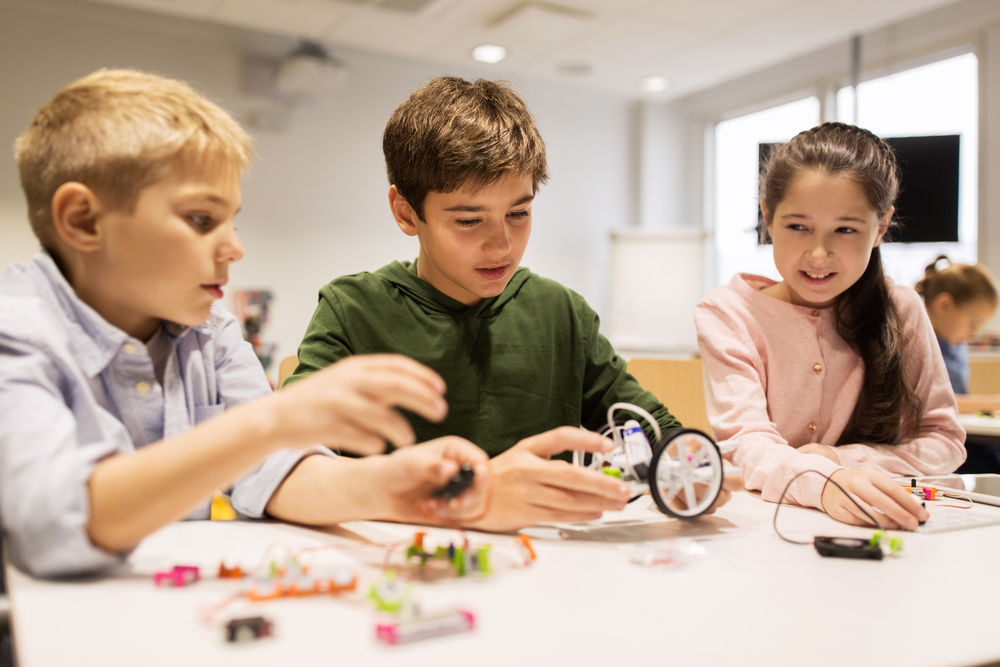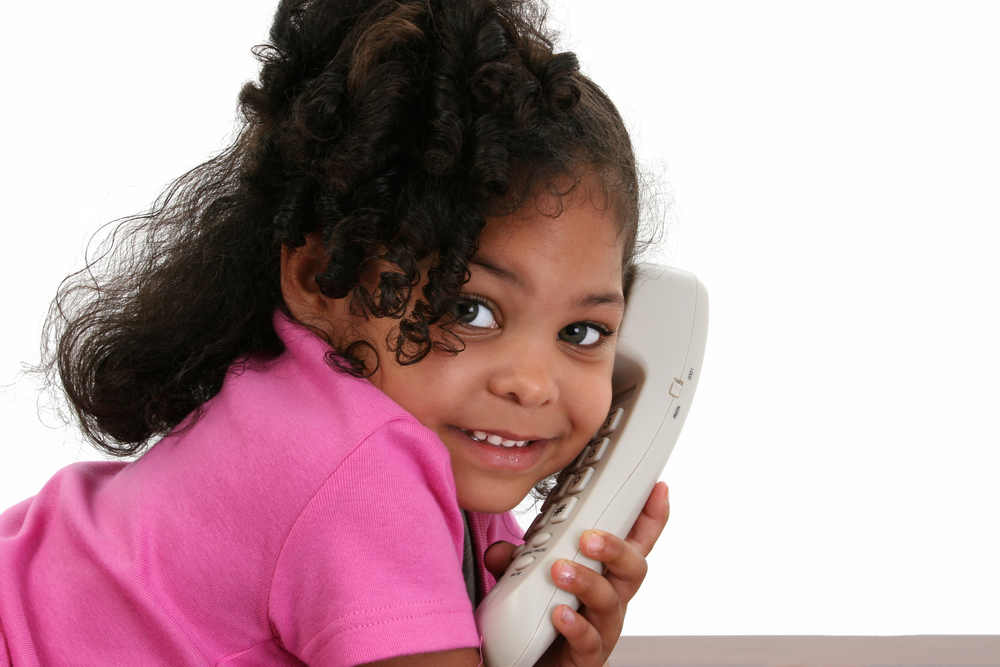Counting practice Easy Worksheets for Ages 3-8 - Page 2
29 filtered results
-
From - To
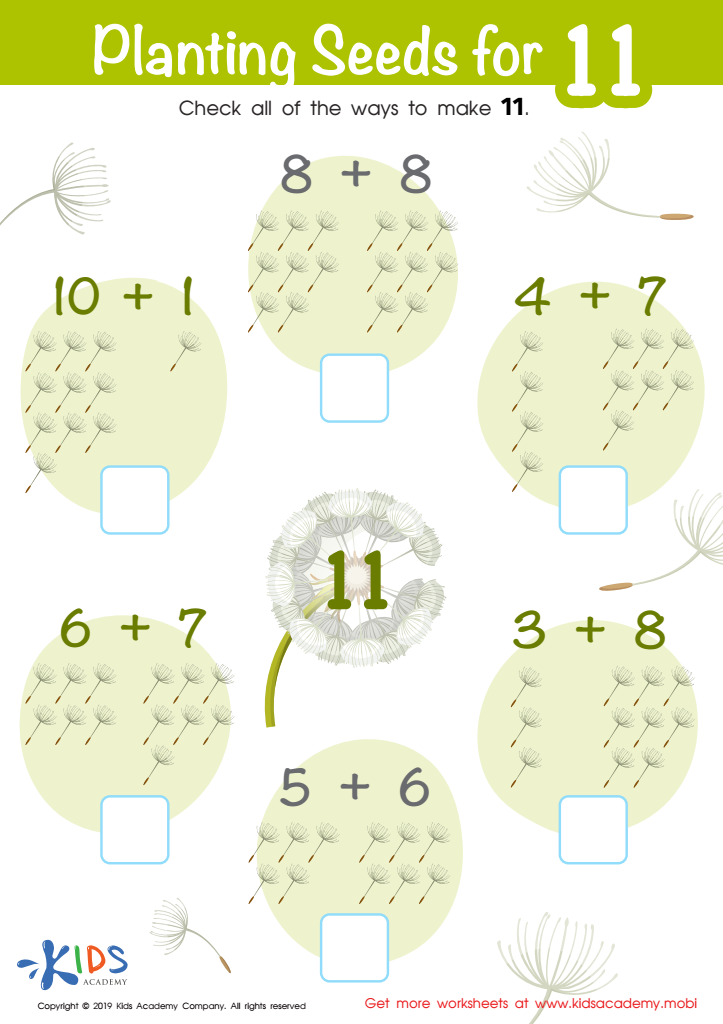

Planting Seeds for 11 Worksheet
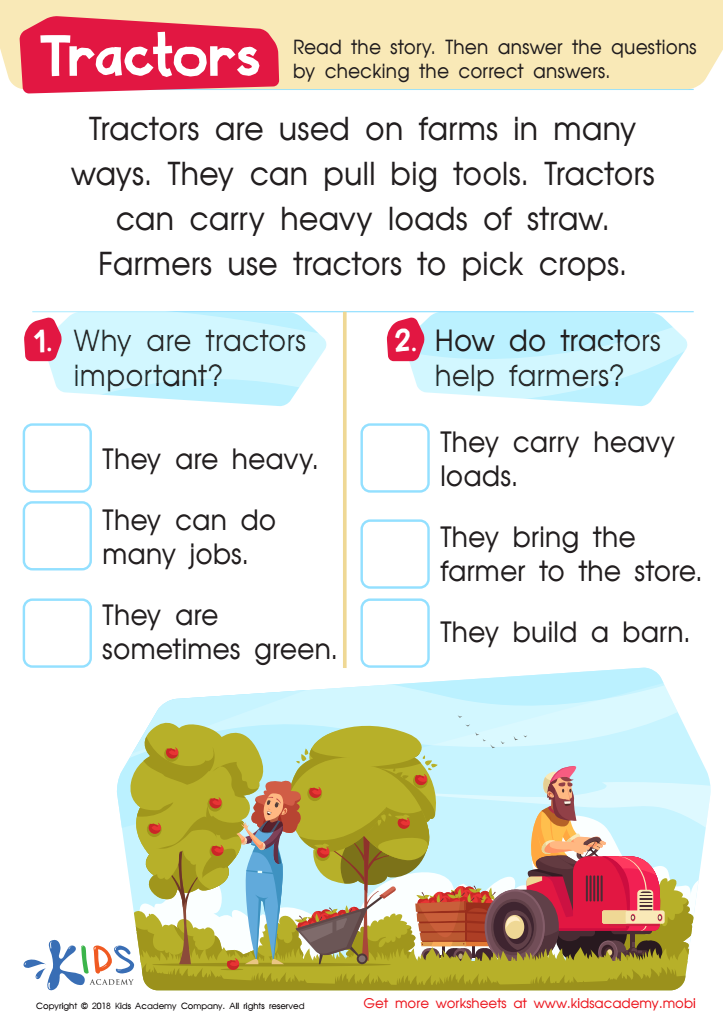

Tractors Worksheet
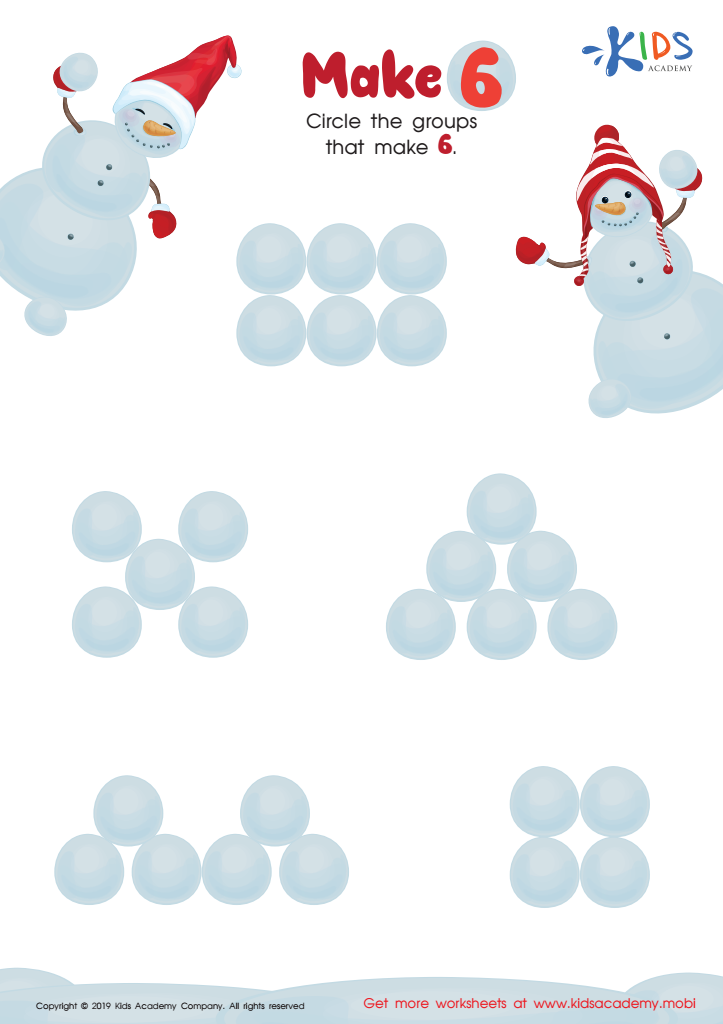

Make 6 Worksheet


Number 3 Worksheet


Counting on the City Skyline: Dot-to-Dot Worksheet
Counting practice is fundamental for young children aged 3-8 because it sets the groundwork for essential mathematical skills and cognitive development. For parents and teachers, incorporating easy counting activities can significantly enhance a child's numerical understanding, which is crucial for their future academic success.
At an early age, children are highly receptive and capable of learning basic math concepts. By regularly practicing counting, they develop a strong sense of number recognition, patterning, and sequencing—skills which are indispensable for comprehending more advanced math in later grades. Easy counting activities also help in improving memory, concentration, and logical thinking.
For instance, counting everyday objects like toys, snacks, or steps builds a practical application of numbers, ensuring that children view learning math as both useful and enjoyable. Interactive and playful methods of counting, such as songs, games, and hands-on activities, keep children engaged and motivated.
Moreover, counting practice fosters confidence and a positive attitude towards mathematics. Early mastery of counting can alleviate math anxiety, making subsequent mathematical concepts more accessible and less intimidating. Parents and teachers who prioritize counting practice are equipping children with the tools they need for a solid mathematical foundation, promoting academic growth and a lifelong love of learning.
 Assign to My Students
Assign to My Students




.jpg)
